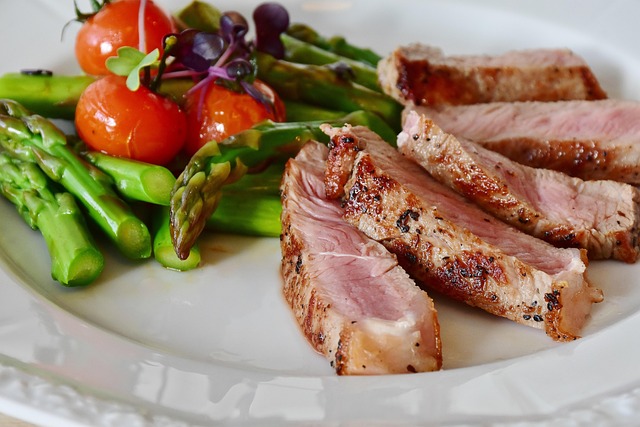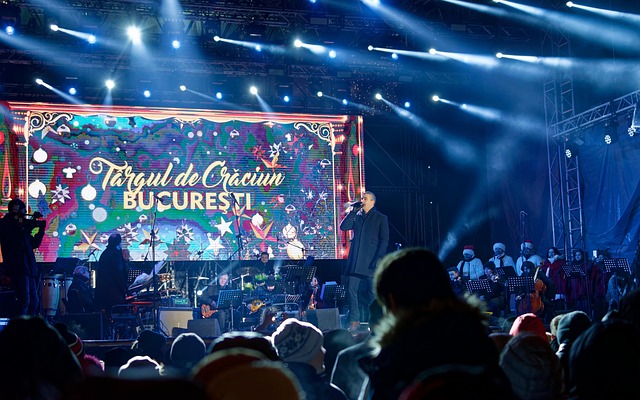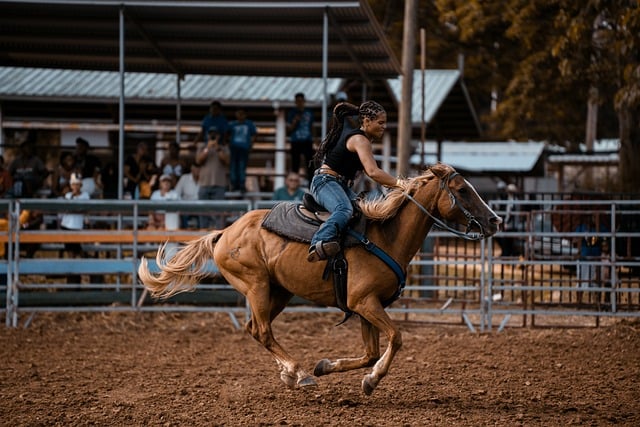Community events celebrating local heritage strengthen a sense of belonging, boost the real estate market by attracting buyers and investors who value authenticity, and enhance a neighborhood's appeal. These events, through festivals, exhibitions, and traditional celebrations, showcase cultural richness, fostering community engagement. Real estate agents can leverage these events for strategic connections with potential buyers and sellers, stimulating market growth. Successful planning involves engaging historical properties, collaborating with cultural societies and local businesses, and promoting through various channels to create immersive experiences that highlight the area's unique tapestry.
Community events play a pivotal role in preserving and celebrating local heritage, fostering a sense of belonging and pride among residents. These gatherings not only showcase historical traditions but also engage real estate markets by attracting buyers and investors who are drawn to areas rich in cultural tapestry. Through strategic event organization, communities can revitalize historic spaces, enhance tourism, and ultimately drive economic growth, making them desirable destinations for prospective homeowners.
The Role of Community Events in Preserving Local Heritage

Community events play a pivotal role in preserving and celebrating local heritage, creating a sense of belonging and pride among residents. These gatherings serve as a powerful medium to showcase the unique cultural, historical, and culinary aspects that define a community. By organizing festivals, exhibitions, and traditional celebrations, locals can educate new generations about their roots and ensure that valuable traditions are passed down.
In the real estate context, community events centered around heritage can attract buyers and investors who appreciate the authenticity and character these events bring to a location. They foster a deeper connection to the area, showcasing its hidden gems and untold stories. This cultural vibrancy becomes an asset, enhancing the overall appeal and desirability of a neighborhood, which is highly considered by prospective residents and business owners alike.
Engaging Real Estate Markets through Cultural Celebrations

Community events that highlight local heritage can significantly engage real estate markets, creating a unique selling point for neighborhoods and towns. By showcasing the cultural richness and historical significance of an area, these celebrations attract both locals and outsiders, fostering a sense of community and belonging. This, in turn, enhances the desirability of nearby properties, as people are drawn to places that reflect their values and interests.
Real estate agents can leverage such cultural events to connect with potential buyers and sellers, positioning them as experts on the local market’s unique offerings. For instance, a festival celebrating traditional crafts or culinary heritage not only provides an entertaining experience but also serves as a platform for real estate professionals to highlight the area’s charm, quality of life, and investment opportunities. This strategic alignment between cultural celebrations and real estate can stimulate market growth and create lasting connections between communities and their properties.
Strategies for Successful Heritage Event Organization

When organizing community events that celebrate local heritage, success lies in careful planning and creative strategies. Engaging the local real estate market can be a game-changer. Properties with historical significance or unique architectural features can become central attractions, drawing both residents and visitors. Partnering with local historians or cultural societies ensures accurate representation of heritage, making the event more authentic and appealing to a wider audience.
Utilize social media platforms to promote these events effectively. Create virtual tours or interactive maps showcasing various heritage sites leading up to the event, sparking curiosity and interest. Collaborate with nearby businesses to offer historical walking tours or cultural workshops, enhancing the overall experience and providing diverse attractions that highlight the area’s rich tapestry.






